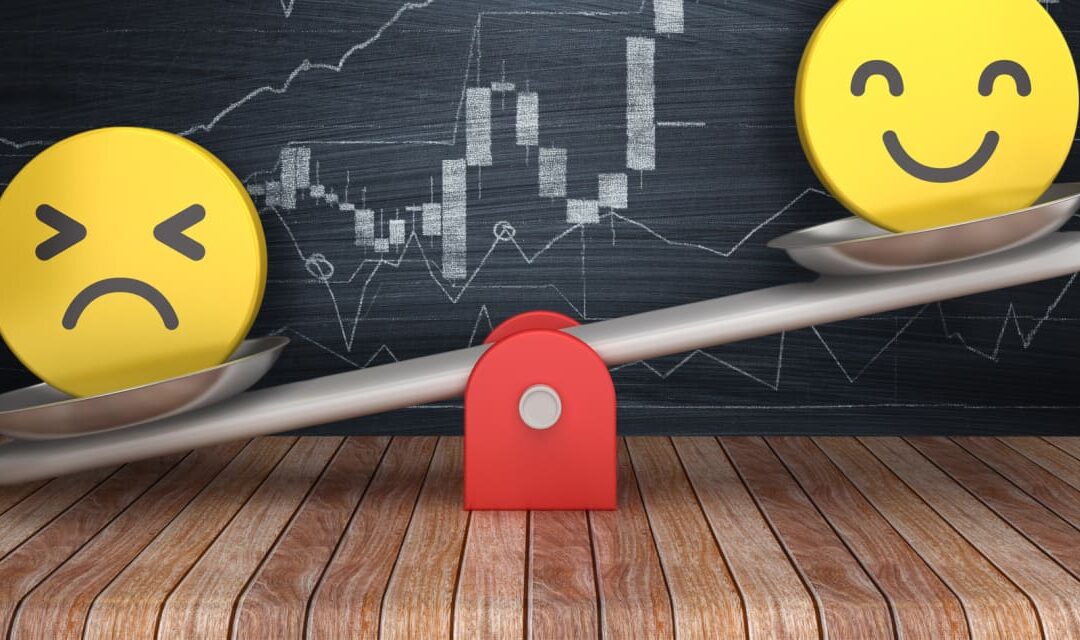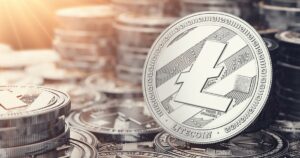The bad vibes around the economy may finally be dissipating.
Consumer confidence jumped in December to a five-month high of 110, according to the nonprofit Conference Board — a fresh sign of optimism from a survey that has shown continued signs of Americans’ economic discontent over the past year.
Some experts are taking that as a sign that consumers’ negative perceptions about the economy may have finally turned a corner — and that the “vibecession,” a term coined last year to describe the self-fulfilling prophecy of how Americans’ declining economic expectations could lead to an actual recession, is finally coming to an end.
Others are viewing the rush of year-end optimism with a little more skepticism, noting the economy has further to go before this shift in consumers’ perceptions becomes permanent.
“The good news yesterday was that the vibe improved, rather than deteriorated,” said Christopher Clarke, an assistant professor of economics at Washington State University. “But is the vibecession over? I would say no.”
‘A light at the end of the tunnel’
Consumers have been pretty grumpy about the economy in 2023.
That’s despite a humming job market, slowing price increases and wage growth that for months has outpaced inflation. Though Americans have kept spending, they’ve stayed persistently pessimistic in consumer-sentiment surveys: For three months this fall, a future-looking Conference Board index fell to levels that often signal a recession ahead.
“It’s been one of those economic indicators that has been flashing warning signs for a while,” said Callie Cox, an investment analyst for the investment platform eToro. “While it hasn’t plummeted, it’s shown people aren’t comfortable with something.”
Wednesday’s report saw that trend reverse. The results of the survey also showed that more Americans are feeling better about the present moment, in addition to having higher hopes for the future. A measure that captures how consumers feel about the economy right now increased to 148.5 from 136.5 in the prior month.
“That tells me that Americans are feeling better about the economy they’re living in,” said Cox, who thinks falling mortgage rates and an improving housing market might be helping lift some spirits.
Wednesday’s numbers, combined with the still-strong job market and growing confidence that the Federal Reserve is done raising interest rates, all bodes well for those fuzzy feelings to continue through 2024, Cox said.
“We’ve made it this far in a rate-hike cycle without seeing anything major break. That’s a reason to celebrate,” she said. “Finally, Americans are seeing light at the end of the tunnel.”
‘We’re really struggling’
Others think consumers may be slower to come around.
Clarke, the Washington State economics professor, also regularly posts videos analyzing economic data on TikTok, an app that has become a hotbed of complaints about the current economy.
Read more: Is the U.S. in a ‘silent depression’? TikTok creators say yes, but economists disagree.
The comments on his videos prove that many people are still harboring serious frustrations about the economy, he said.
“Any time I say anything remotely positive about the economy, I get people in the comments saying, ‘You’re a denier,’ ‘You don’t really see what it’s like on the ground,’ or ‘We’re really struggling out here,’” he said. “The quantity is overwhelming.”
The concerns that seem to weigh heaviest on those users’ minds look very familiar, he said: rising rents, the price of gas, expensive groceries.
Food seems to be a particular pain point: A recent poll commissioned by the Atlantic found that high grocery prices were the most important factor shaping most Americans’ economic perceptions, with 60% of respondents citing them among their top three factors in evaluating the current economy.
“Things are looking really great with inflation,” Clarke said. “[But] the general public is going to process information far more slowly than experts chomping down the latest numbers.”
‘Not out of the woods yet’
If consumers are still holding on to their old economic grudges, the markets have told a different story. Investors’ growing confidence that the Fed is done raising rates fueled a rally so jubilant some found it concerning.
On Tuesday, the Dow Jones Industrial Average
DJIA
booked a fifth straight record close out of a total of nine consecutive days of gains, while the S&P 500
SPX
closed at its highest level since Jan. 4, 2022.
“That kind of optimism is rapidly percolating throughout the economy,” said Connel Fullenkamp, an economist and professor at Duke University. “I do have a bit of concern that it’s been a little premature.”
He thinks the key to longer-lasting consumer confidence lies in wage gains — a more permanent solution to cushioning the blow of painfully high cumulative price increases.
“It’s people getting used to this idea that the price of a dozen eggs isn’t going down anytime soon, but they have enough take-home pay that they can afford it,” he said. “To me, that’s really one of the things that would lift people’s spirits.”
Could we keep these good vibes going through 2024? It’s a little too early to tell, Clarke said.
“Things are going in the right direction, but … we’re not out of the woods yet,” he said.








